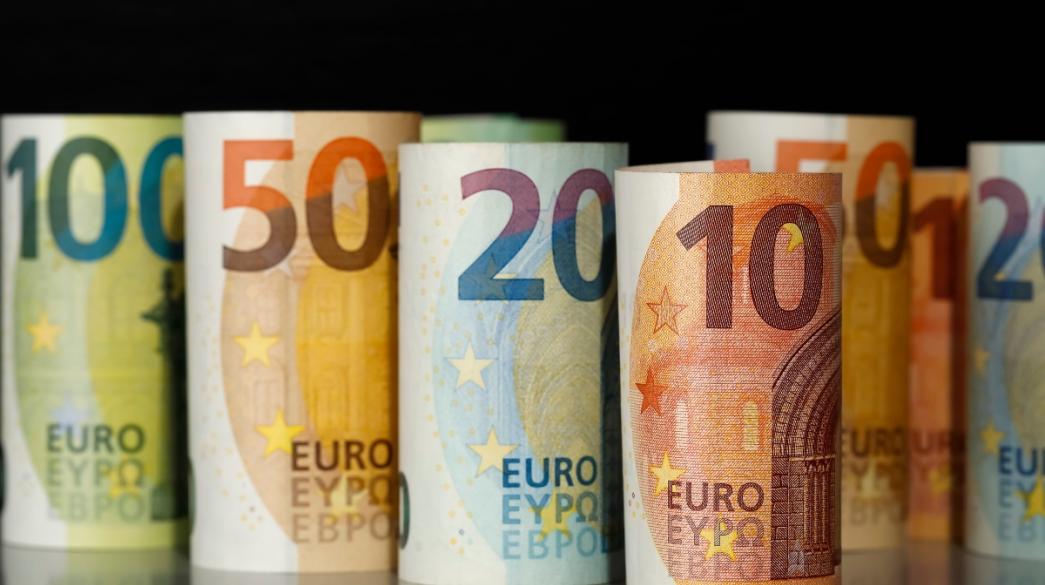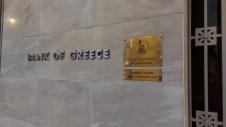Many companies are repaying bank loans with the cheap state aid they have received under support programs to deal with the pandemic, sources say. The phenomenon has alarmed banks, which have high liquidity and want to transform it into new loans, while being criticized by the government for their poor performance in financing the economy.
The data of the Bank of Greece show that last July, despite the unexpected acceleration of tourism and the general good course of the economy, net inflows of new loans to businesses were -341 million euros, that is, the loans repaid were more than new loans disbursed to businesses.
Bank sources point out to Business Daily that this worsened in September.
According to bank executives, the companies received a very large boost of liquidity through government support programs, having received about 8 billion euros through 7 payment cycles, while subsidized loans have been granted, on extremely attractive terms, amounting to over 2 billion through TEPIX and other guarantee schemes. At the same time, the course of the economy, especially this year, is much better than the initial estimates.
According to banking sources, a large number of companies have repaid their loans to the banks in full, using mainly the low-interest subsidized loans they have received through TEPIX. Quite logically, they took advantage of the favorable situation by utilizing the financing they received to repay more expensive bank loans.
This trend concerns banks, as increased lending is a priority in broadening their revenues and mainly to replace revenues lost from NPL sales with new healthy interest income. According to Eurobank Securities, this loss of interest income will reach 1 billion euros this year. The repayment of loans combined with the issuance of bonds made by companies has the effect of reducing the demand for new loans at a time when the government is exerting great pressure on banks to increase lending to the economy.
The situation also worries the government, which wants state aid to reach the market and subsidized loans to be transformed into investments, recruitment and expansion of activities, something that has not been done so far. The defensive stance of companies is typically reflected in the accumulation of deposits, an issue that was highlighted by Business Daily last week.
In total, from December 2019 until today (July ΄21), business deposits have increased by + 51% and amount to 35.28 billion euros, while household deposits, in the same period, rose by + 12.6 % and amount to 131.37 billion euros.
Transient phenomenon
Bank executives acknowledge the problem and the difficulties in raising credit, however, they consider it a temporary phenomenon. They estimate that from 2022 many investment projects will enter the implementation phase following the dynamic recovery of the economy and companies will move more dynamically utilizing both the accumulated deposits and bank lending. They estimate that the resources of the Recovery Fund will make a decisive contribution in this direction.









